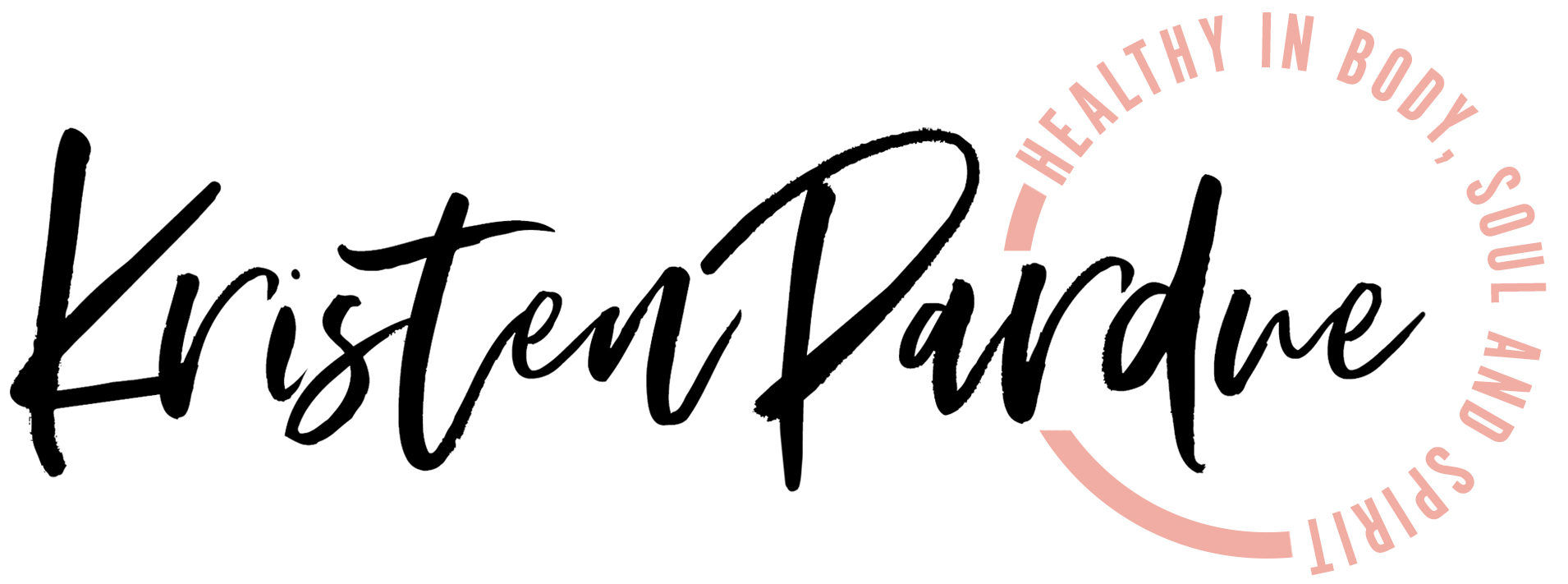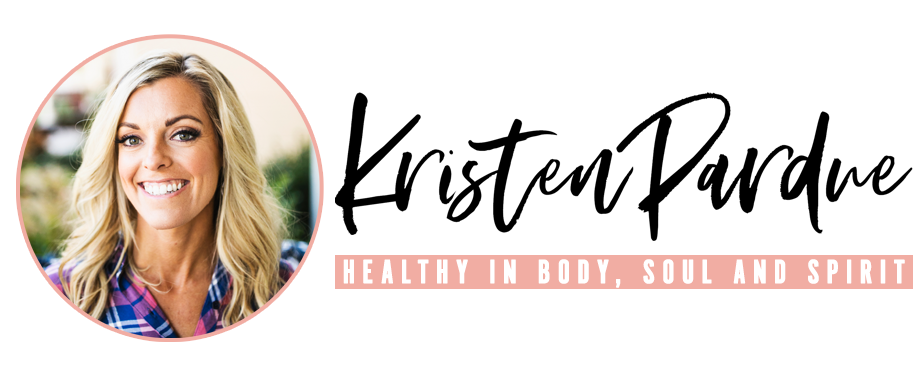In honor of Pregnancy Awareness month, the next few weeks’ posts will feature guest bloggers who specialize in this area. So if you’re pregnant, have little ones at home, or a woman of childbearing age, you don’t want to miss this month’s posts!
By Kim Corrigan-Oliver, CNP ROHP at Your Green Baby
I am often amazed at how little thought and time woman take in preparing their body for pregnancy. The journey of pregnancy is a demanding one; you are building a human being from scratch…yes, you are building a human being. It truly is an amazing gift women have been given, and preparing for this journey before you conceive sets the foundation to support a healthy pregnancy and a healthy baby.
Research now suggests your preconception nutritional status sets the foundation of your baby’s long term health and well being. With this in mind, what should you be eating preconception?
Fresh Fruits & Vegetables. Fruits and vegetables supply the body with minerals, vitamins, enzymes, antioxidants and phyto-nutrients. Eating a wide variety of fruits and vegetables will ensure you get all the nutrients you need. Aim for lots of color and choose organic as much as possible. Don’t forget about nutrient dense dark green leafy vegetables like kale, collard greens, watercress, swiss chard, spinach, etc. These are especially important because they supply so many vitamins and minerals, including vitamins A and C, calcium, and iron. Leafy green vegetables are also a rich source of folate, a must-have nutrient for any woman trying to conceive. Folate is a B-vitamin that prevents serious birth defects. Folate deficiency has also been linked to infertility.
Protein. Required for every function in the body, protein is very important for health and well being. Protein is important for building tissues, muscles and digestive enzymes, and will help to stabilize blood sugar levels. Choosing plant-based proteins is best for optimal health and well being. Nuts and seeds, leafy green vegetables, beans and grains (especially quinoa) are excellent choices. If you will be consuming meat or poultry, choose organic to avoid hormones, antibiotics and pesticides. If choosing to eat fish, be cautious with your choices – avoid tuna, swordfish, Chilean sea bass, grouper, orange roughy, shark, king mackerel, halibut, bluefish and tilefish due to mercury concerns. Instead focus on anchovy, mackerel, pollock, herring, rainbow trout, salmon (not farmed), sardines and smelt.
Carbohydrates. Carbohydrates in the form of whole grains provide us with fiber, important minerals and vitamins and immune supporting properties. Fiber is an extremely important nutrient in our diet – it helps the body get rid of excess hormones and helps stabilize blood sugar levels, which in turn aids in balancing hormones. It can be beneficial for some woman to avoid gluten. Gluten is a protein found in some grains – wheat, spelt, kamut, barley and rye. Many people have difficulty digesting gluten and are sensitive to it. Creating an environment of healing is important preconception and avoiding foods that cause sensitivity is imperative. Gluten is also known to be very sticky and can “gum” up the intestine, which in turn means things don’t move quite as well through your body. Gluten free grains include quinoa, millet, oats, amaranth, rice, buckwheat, sorghum and teff.
Calcium rich foods. Calcium is important to create an alkaline environment in the body, which is a very friendly environment for the sperm and the fertilized egg. Choose plant-based calcium rich foods including sesame seeds, almonds, quinoa, chia seeds, beans, lentils and dark leafy green vegetables. Why choose plant-based calcium rich foods over dairy? Dairy is very congesting to our bodies. This congestion can have an impact on your ability to conceive; even more so if you are experiencing any hormonal imbalances. It is also important to note that non-organic dairy production uses hormones and antibiotics during production, both of which can lead to increased levels of estrogen in your body and hormonal imbalances – both unfavorable environments for conception. When trying to conceive, it is best if we are easy on our digestive system; unfortunately for many of us dairy is difficult to digest. When our digestive system is stressed the other systems in our body don’t work as well. Your body must use a lot of energy to digest dairy; energy your body needs elsewhere to ensure optimum health and well being for conception.
Fats. Fats are necessary for hormonal balance and the production of hormones. The right fats control inflammation in the body, aid in the absorption of fat soluble vitamins, are important for healthy egg production and are important in every step of the reproductive process. Omega-3 fatty acids are also very important in the development of the brain, nervous system and retina of your baby. Choose fish oils, flaxseed oils, hemp seed oils, nuts (especially walnuts), chia seeds, hemp seeds, avocados and olives to meet your needs. Minimize animal fats and avoid hydrogenated fats.
If there was ever a time to provide optimum nutrition for your body, preconception is it! During this time it is important to choose the freshest, healthiest and most natural foods to support reproductive and general health. By optimizing your health you will increase your chances of conceiving, having a healthy pregnancy and a healthy baby. This is within your control; you have the power and the choice to make a difference in your health, fertility and in the health of your baby. Take control and become empowered.
About Kim:
Kim is a mom, holistic nutritionist and writer. She is passionate about cooking, real food and raising happy healthy babies. Kim specializes in mom, baby and toddler nutrition, offering workshops, consultations and cooking classes through her company Your Green Baby. She has recently published her first book “Raising Happy Healthy Babies” which focuses on nutrition preconception right through the toddler years and included 95 recipes for mom, baby and toddler.
Find out more about Kim and read her blog at www.yourgreenbaby.ca
Receive daily tweets about mom, baby and toddler nutrition by following Kim’s Twitter page @yourgreenbaby



